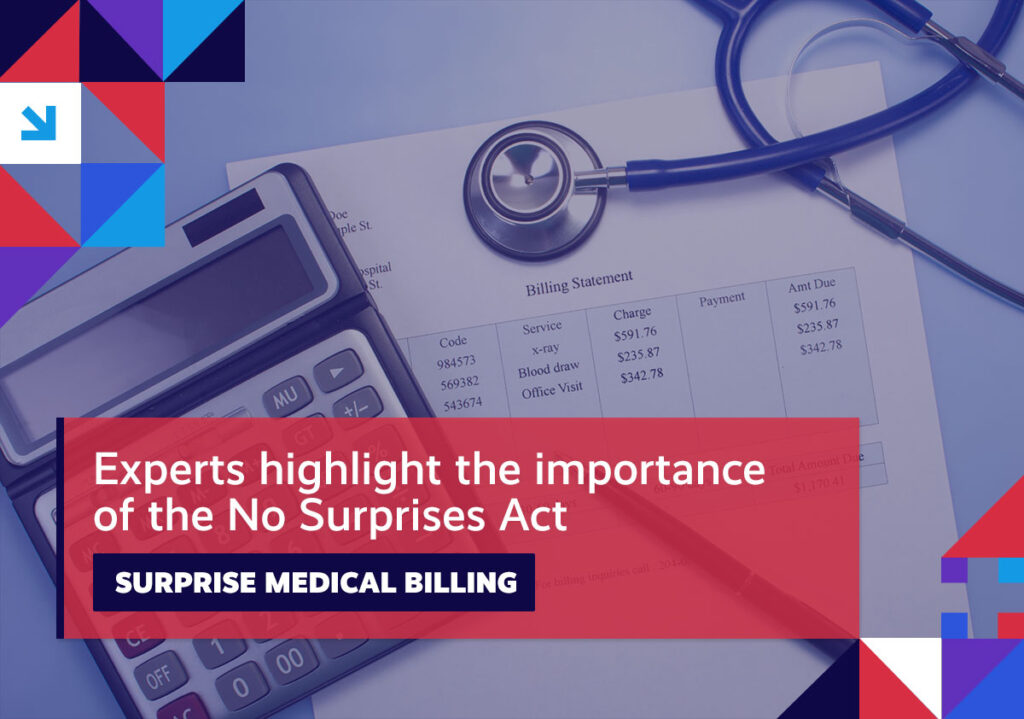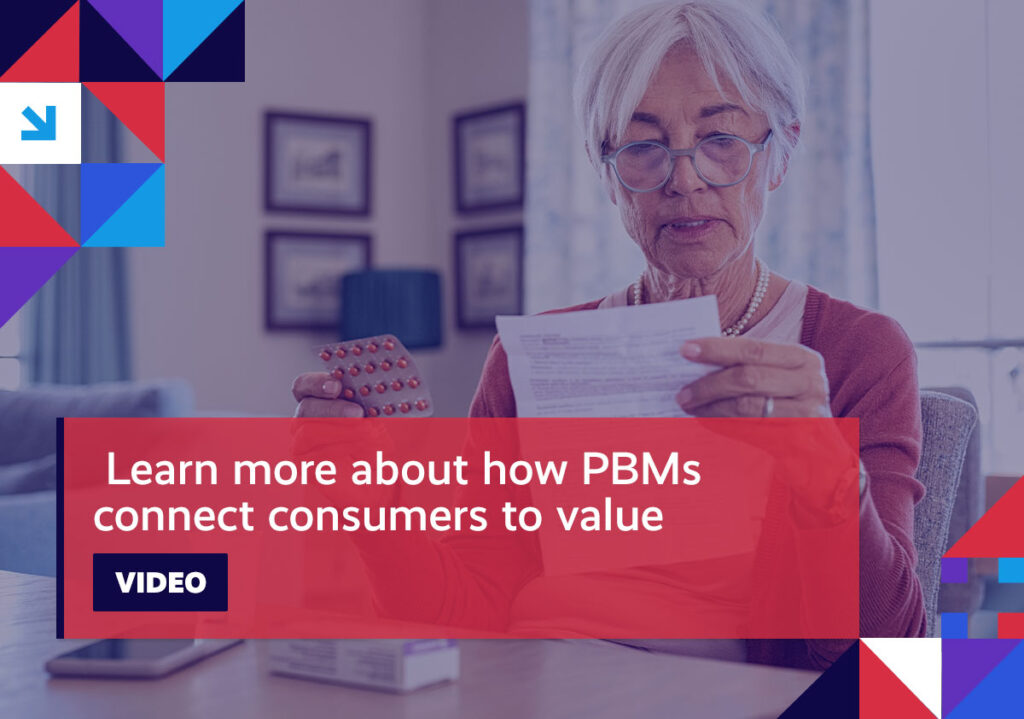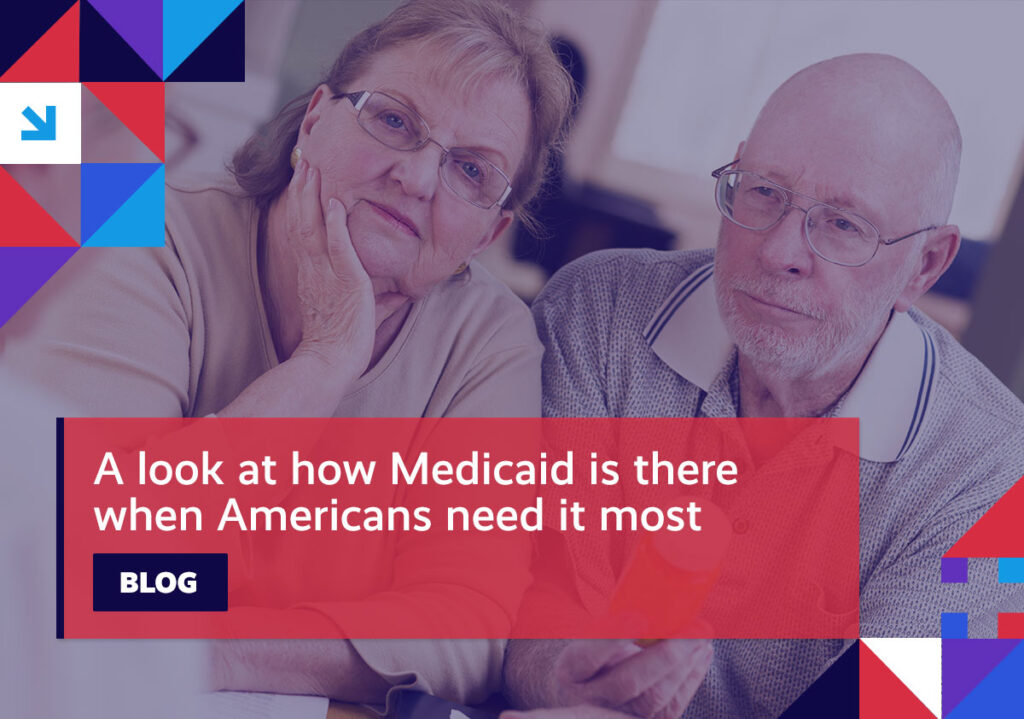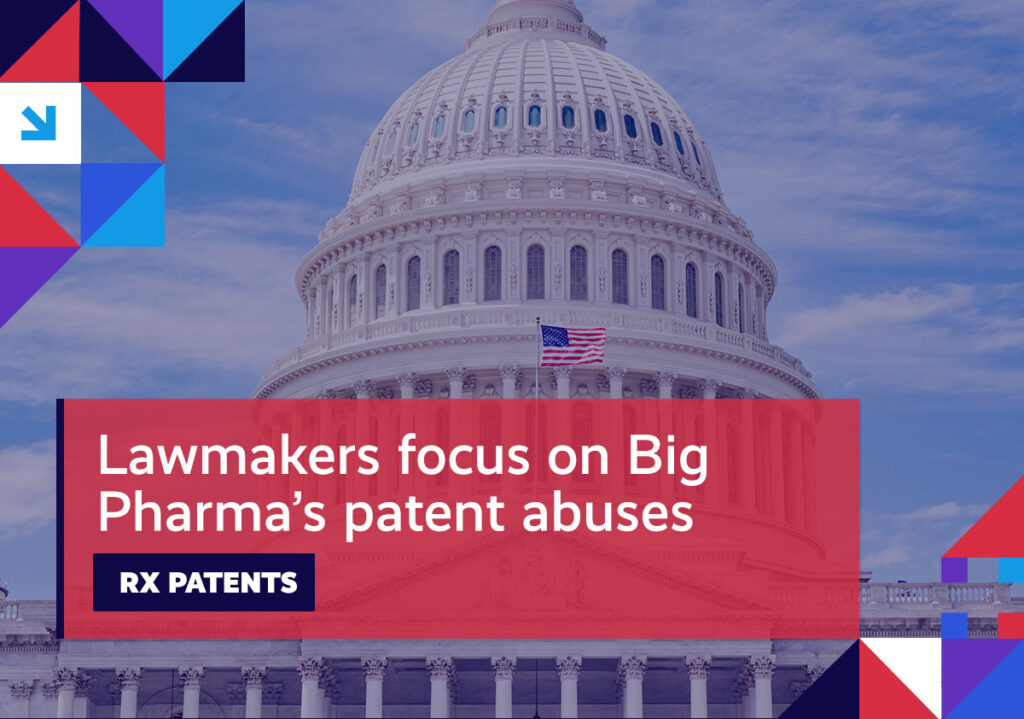A quick roundup of the issues driving the healthcare reform conversation.
Item of the Week

Spotlight
MEDICARE ADVANTAGE Medicare Advantage plans have lower usage and higher clinical quality compared to traditional Medicare.
Quick takeaway: According to a new study, Medicare Advantage (MA) plans performed better than Fee-for-Service (FFS) Medicare on most quality metrics, as well as many patient-reported measures.
The data also found that MA enrollees had lower overall healthcare utilization, including lower rates of emergency department use, inpatient admissions, and outpatient visits than FFS enrollees.
Further context: The analysis comes on the heels of the Centers for Medicare & Medicaid Services (CMS) announcing finalized changes to the MA program for next year.
Those changes, while softened from what CMS had initially proposed, still represent cuts to the program as revisions to how plans are reimbursed for serving higher-risk patients are slowly phased in over the next three years.
What it means: Stakeholders responded to CMS’ announcement, highlighting the comprehensive response from across the healthcare spectrum raising alarms over how the proposed changes would impact beneficiaries’ costs and benefits.
That includes the thousands of Health Action Network advocates who also raised their voice to defend the program and the more than 30 million American seniors and people with disabilities enrolled in MA plans.
HOSPITAL FACILITY FEES Patients find themselves blindsided by hospital facility fees for telehealth visits.
Quick takeaway: Consumers are increasingly being billed facility fees by hospitals despite never actually setting foot inside one. Hospitals argue that these fees are necessary to pay for staff and overhead costs.
Further context: Generally, patients seeking care at independent facilities receive a single bill. But when that clinic is owned by a larger hospital, patients are more likely to receive separate bills for the physician’s fee and the facility fee.
What it means: At least eight states have implemented limits on these fees, seeking to clamp down on the practice. These initiatives could signal a wave of restrictions similar to the movement that ultimately led to the federal rules banning surprise medical billing, which took effect last year.
PBM VALUE Stakeholders highlight the critical role that PBMs play in an increasingly complex healthcare environment.
Quick takeaway: In addition to delivering value through prescription drug cost savings, pharmacy benefit managers (PBMs) also play a critical role in improving medication accessibility, health equity, and outcomes.
Further context: By integrating pharmacy benefits with medical and behavioral healthcare needs, PBMs occupy a vital space in the patient journey.
For instance, given the numerous challenges to medication compliance and adherence – especially to patients with chronic conditions – PBMs are positioned to help patients take their medicines as prescribed, which not only improves their outcomes, but benefits the healthcare system, as a whole.
For diabetes patients alone, PBMs improve drug therapy and adherence, which annually prevents:
- 440,000 heart attacks
- 60,000 incidents of kidney disease
- 330,000 strokes
- 150,000 amputations
What it means: Unfortunately, federal legislation targeting PBMs threatens to undermine their ability to bring value to patients and our healthcare system, while increasing the federal deficit by tens of billions of dollars.

MEDICAID RENEWALS The end of COVID continuous eligibility threatens coverage for millions of Medicaid recipients.
Further context: As pandemic-related emergency provisions come to an end, states are restarting the Medicaid eligibility redetermination process. Analysts have estimated that as many as 18 million people could lose coverage, with so many not even aware that the process is underway.
What it means: To avoid a crush of newly-uninsured people entering the healthcare system, Medicaid managed care plans are working to ensure continuous coverage for this vulnerable population.

Spotlight

| You can keep up with the latest by following the Health Action Network on Twitter and by liking us on Facebook. And, be sure to check us out on LinkedIn, too. As always, let us know if there’s something you’d like to see covered in a future newsletter. |
The Health Action Network includes everyday Americans—families, workers, businesses, patients, providers, neighbors, and friends. We are working together because we support market-based solutions that offer better healthcare choices and help build a stronger economy. The Health Action Network is an Elevance Health, Inc., initiative.
